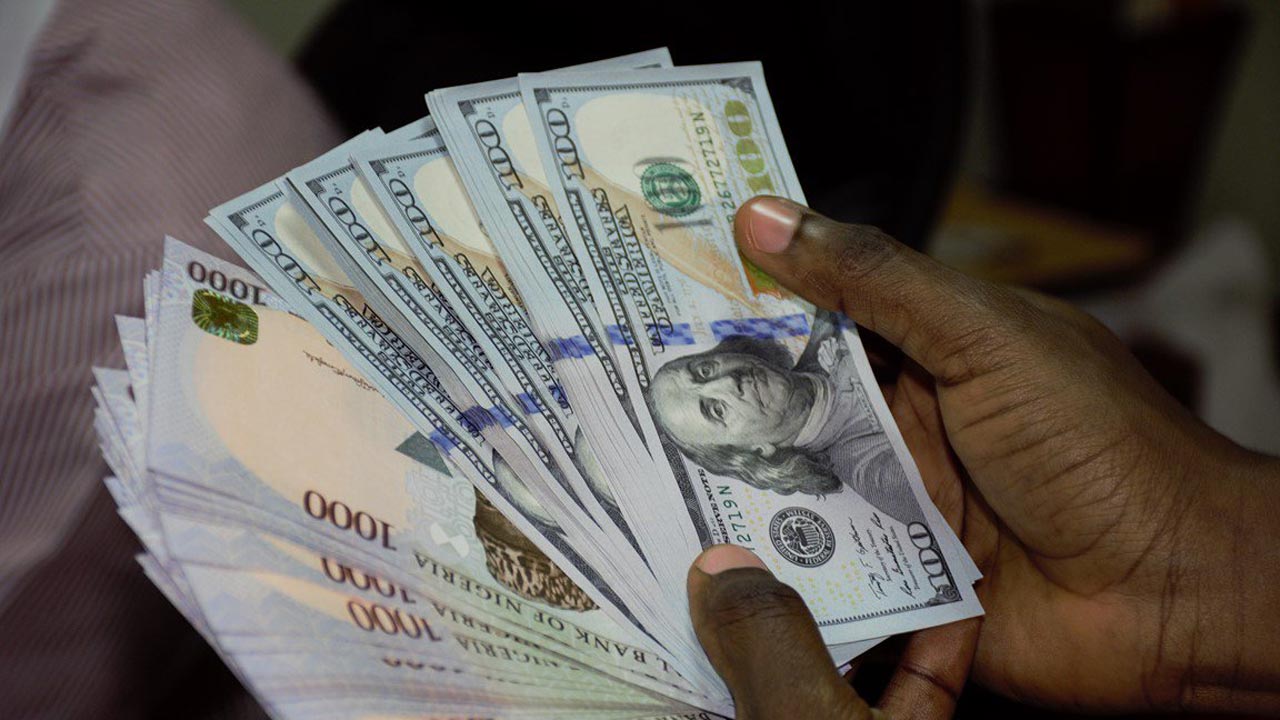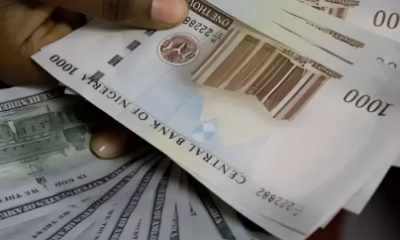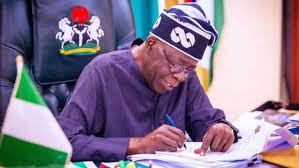At the weekend, the exchange rate between the naira and the dollar depreciated to N364/$ from N363.50/$ as oil price continue to fall globally with the increased demand for dollar driving the value of the naira lower
The exchange rate is currently under pressure due to a combination of oil price drops, a dearth in foreign investor inflows and profit-taking from investors.
Global Oil prices dropped to $58.69 per barrel on Friday as a supply of oil flooded markets despite weakening demand. The United States is reportedly pumping in more oil competing with OPEC in a market currently dictated by buyers.
According to the report, US Crude is now being sold in Europe and Asia even as Nigerian Oil suffered the slowest sales this year in August.
Forex Inflows was also cited as another reason for the depreciation of the naira. Global economic events such as interest rate cuts, China versus US trade war and Brexit has spooked investors of late.
The lack of direction in the Nigerian Economy, as well as delay in appointing ministers, is also thought to have discouraged further fund flows into the country despite low asset prices and higher-yielding securities.
Profit-taking from the redemption of FGN bonds also means foreign investors will have to convert the naira to the dollar to repatriate their funds, putting more pressure on the exchange rate.
The summer holiday is also adding pressure on the exchange rate as Nigerians and foreigners living in the country travel abroad on vacation. This typically places pressure on dollar demand locally.
The Central Bank expectedly reacted by immediately selling an unscheduled Treasury bill auction during the week hoping to suck naira out of the market.
The apex bank relies on treasury auctions to reduce the amount of naira chasing the dollar, a strategy that often helps reduce pressure on the demand for dollars.
The fewer the naira available, the less pressure there is on dollar demand. It is also believed that the CBN could intervene in the Investor/Exporter window where forex is traded at market-determined rates.
Nigeria’s external reserve has dropped below $45 billion for the first time this year an indication that the Apex bank is also intervening in trying to maintain a stable exchange rate.

 Entertainment6 days ago
Entertainment6 days ago
 Health1 week ago
Health1 week ago
 Health4 days ago
Health4 days ago
 Football1 week ago
Football1 week ago
 Football1 week ago
Football1 week ago
 Crime4 days ago
Crime4 days ago
 Education6 days ago
Education6 days ago
 Crime1 week ago
Crime1 week ago













